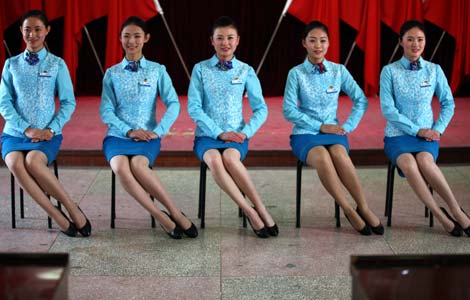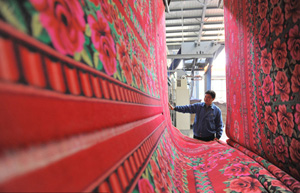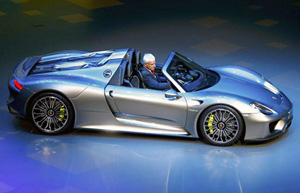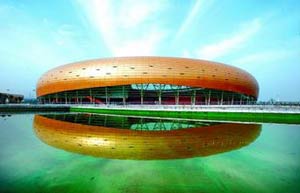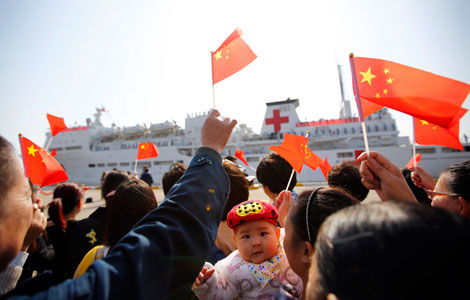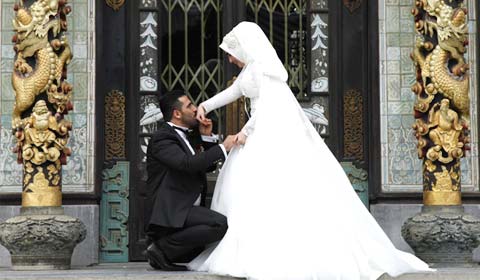Europe can be a mirror of future China
By Fu Jing ( China Daily ) Updated: 2013-11-22 07:18:35Every time I've met friends from China in my three years in Europe, I've been asked: "How did such a beautiful place get into such debt?"
This is usually followed up with: "Is EU getting weak?"
My answer is always a big fat "no". The difficulties the European Union is experiencing are simply growing pains as it works to rebalance consumption and production and re-sharpen its competitive edge. If you stay long enough in Europe, you'll easily figure this out.
Part of the EU's rebalancing efforts lie in promoting economic ties with major world economies - China being one of them.
I have two stories of two friends who provide glimpses into how economic and cultural ties between China and the EU are growing.
One is my Belgian friend Eric Goldschneider, a businessman. After doing business with Chinese partners for years, he found China to be full of opportunities. He opened a stock-trading account for his 14-year-old son Edouard and told him to focus on the Chinese market. Goldschneider said his son is possibly the youngest stock trader in China's stock market.
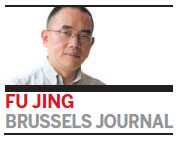
Then there is also my friend Peng Xiancheng, who comes from my home province of Sichuan. Peng employed a German executive in the chemicals sector to transform his private company into an industry leader by introducing sophisticated management systems that are up to global standards.
These two stories show that Chinese and European leaders should have made better commitments to facilitating exchanges during their meetings on Wednesday and Thursday in Beijing.
China and Europe are natural partners - each will benefit from the other's development. Leaders, especially those from Europe, should have summoned their political will, instead of placing barriers, to advance bilateral relations.
Some European politicians have actually done things that harmed ties over the years. They have launched anti-dumping investigations over textile and solar-panel exports from China, and they allowed the Dalai Lama to visit.
Shada Islam, policy director of Brussels-based think tank Friends of Europe, said that Brussels currently lacks visionary leaders in developing EU-China relations compared to its leaders at the beginning of the century.
Glyn Ford, a former member of the European Parliament, said in an e-mail before European leaders flew to Beijing for their summit that Europe's love and hate of China is the main cause of the ups and downs in bilateral ties. He said Beijing's lack of effort in preventing ties from deteriorating has further resulted in growing political distrust.
If there were political trust, Europe could be a mirror of China's increasing development, especially after the country recently passed sweeping economic and social reforms.
As for the respective roles of government and market, I sense that China has been learning from Europe by partly implementing austerity measures, rather than by duplicating the United States' loose monetary policy.
While governments in China are being asked to clamp down on excessive production capacity, they are also being required to expand education, healthcare, pensions and environmental protection. In these sectors, China has a lot to learn from Europe. China must know how to balance competitiveness with social responsibilities.
Europe has also offered a lesson or two in terms of industrial development.
Hollow industries have emerged in some European countries, threatening employment. China's market is almost three times bigger than Europe's simply because of its enormous population. Europe's lessons should be remembered so that China does not duplicate the continent's economic missteps.
|
|
|
|
|
|
|
|
European Weekly
 Gear change
Gear change
'Sustainable development', 'decisive role for markets' are the new buzzwords for Chinese economy.


